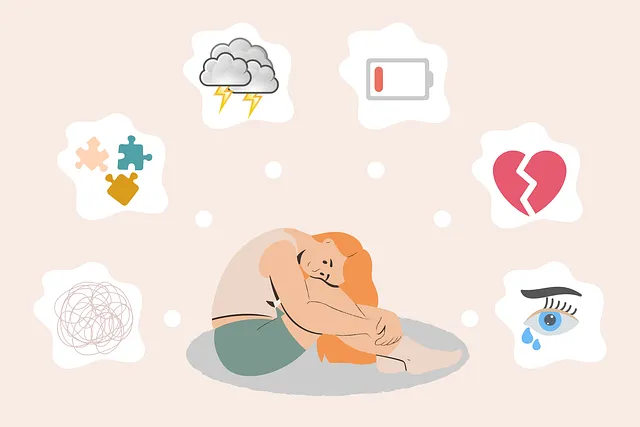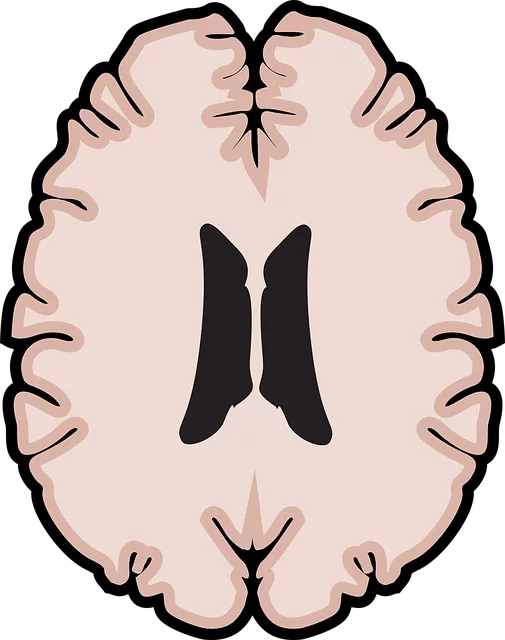In Colorado Springs, the stigma surrounding mental health significantly hinders access to care, as evidenced by Kaiser Permanente mental health center reviews. Despite a supportive landscape, misconceptions deter many residents from seeking timely treatment. Kaiser Permanente has made strides in reducing stigma through comprehensive services, community engagement, and education programs tailored to diverse populations. Collaborative initiatives, including workshops, seminars, and peer support groups, encourage open dialogue and help-seeking behaviors, fostering recovery for all. Regular Kaiser Permanente mental health center reviews track success, identify areas for improvement, and ensure programs align with evolving mental wellness needs in the community.
Mental illness stigma remains a significant barrier to effective mental healthcare, but efforts to reduce it are gaining momentum. This article explores strategies employed by Kaiser Permanente, a leading mental health center in Colorado Springs, to combat this pervasive issue. We delve into their comprehensive services, community engagement initiatives, and education programs that aim to destigmatize mental illness. By evaluating the success of these efforts, we gain insights into improving access to care for those in need, as evidenced by Kaiser Permanente mental health center reviews in Colorado Springs.
- Understanding the Impact of Stigma on Mental Health Care in Colorado Springs
- Kaiser Permanente's Approach to Reducing Stigma Through Comprehensive Services
- Community Engagement and Education: Strategies for Effective Stigma Reduction
- Measuring Success: Evaluating the Effectiveness of Stigma Reduction Efforts at Kaiser Permanente Colorado Springs
Understanding the Impact of Stigma on Mental Health Care in Colorado Springs

In Colorado Springs, the impact of stigma on mental health care is profound, often deterring individuals from seeking necessary support. According to Kaiser Permanente mental health center reviews, many residents struggle with misconceptions surrounding mental illness, leading to avoidance or delayed treatment. This can have severe consequences, exacerbating symptoms and hindering recovery prospects. The community’s mental health landscape is enriched by various empathy building strategies and compassion cultivation practices, yet challenges remain in terms of widespread acceptance and understanding.
Efforts to reduce stigma are crucial, as they foster an environment conducive to open dialogue and early intervention. By integrating mental health awareness initiatives into the local fabric, Colorado Springs can encourage help-seeking behaviors and improve overall well-being. Through collaborative efforts involving healthcare providers, community leaders, and educational institutions, it is possible to dispel myths, promote empathy, and ensure that those facing mental health challenges receive the compassion and care they deserve.
Kaiser Permanente's Approach to Reducing Stigma Through Comprehensive Services

Kaiser Permanente, a renowned healthcare provider, has made significant strides in reducing mental illness stigma through its comprehensive services and dedicated approach. Located in Colorado Springs, their mental health centers are highly regarded for fostering an inclusive environment that promotes healing and recovery. One of their key strategies involves offering a wide range of support programs tailored to diverse populations. This includes specialized services for youth, veterans, and communities facing unique challenges, ensuring accessibility and cultural sensitivity.
The organization places a strong emphasis on education and community engagement. They actively engage in social skills training to empower individuals with practical tools for managing their mental health. Additionally, Kaiser Permanente’s Community Outreach Program Implementation has been instrumental in connecting with at-risk groups, providing Crisis Intervention Guidance, and offering valuable resources where they are needed most. Through these initiatives, the organization aims to dispel myths, foster understanding, and ultimately create a more supportive society for those dealing with mental health issues.
Community Engagement and Education: Strategies for Effective Stigma Reduction

Community engagement and education play a pivotal role in reducing stigma associated with mental illness, especially in areas like Colorado Springs where access to resources like those offered by the Kaiser Permanente mental health center is crucial. Programs that foster open conversations about mental health can dispel myths and misconceptions, thereby encouraging individuals to seek help without fear of judgment. Schools, workplaces, and community centers can serve as ideal platforms for these discussions. Workshops, seminars, and peer support groups facilitate emotional well-being promotion techniques and depression prevention strategies, empowering people to recognize signs of distress in themselves or others.
Additionally, crisis intervention guidance tailored to the local community’s needs can make a significant difference. By engaging with diverse populations, including underrepresented communities, these efforts ensure that stigma reduction initiatives are inclusive and effective. Through such collaborative approaches, Colorado Springs can create a more supportive environment where mental health is prioritized, fostering recovery and overall well-being for all residents.
Measuring Success: Evaluating the Effectiveness of Stigma Reduction Efforts at Kaiser Permanente Colorado Springs

Measuring success is a critical aspect of evaluating the effectiveness of stigma reduction efforts at Kaiser Permanente Colorado Springs. The mental health center reviews play a pivotal role in gauging public perception and understanding of mental illness. By analyzing feedback from patients, their families, and the community, Kaiser Permanente can assess whether its initiatives are fostering a more supportive and inclusive environment. These reviews often uncover insights into specific areas of improvement, such as enhanced communication strategies or increased accessibility to resources like Stress Management programs and Mental Wellness Podcast Series Production.
Furthermore, tracking participation rates in activities focused on Coping Skills Development allows the center to quantify the impact of its stigma reduction campaigns. If more individuals are actively engaging in these sessions, it suggests a growing comfort level within the community, indicating successful efforts to combat stigma. Regular monitoring of these metrics ensures that Kaiser Permanente Colorado Springs continues to tailor its programs and services, aligning them closely with the evolving needs of those seeking support for their mental wellness.
Efforts to reduce the stigma surrounding mental illness in Colorado Springs, particularly within the context of the Kaiser Permanente mental health center reviews, have shown promising results. By implementing comprehensive services, engaging the community through education, and measuring success through evaluation, Kaiser Permanente Colorado Springs is leading the way in fostering a more accepting environment for those seeking mental healthcare. These strategies not only enhance access to care but also contribute to improved outcomes for individuals battling mental health challenges. Continued advocacy and collaboration are essential to sustaining and expanding these positive changes, ultimately transforming the landscape of mental health support in our community.






